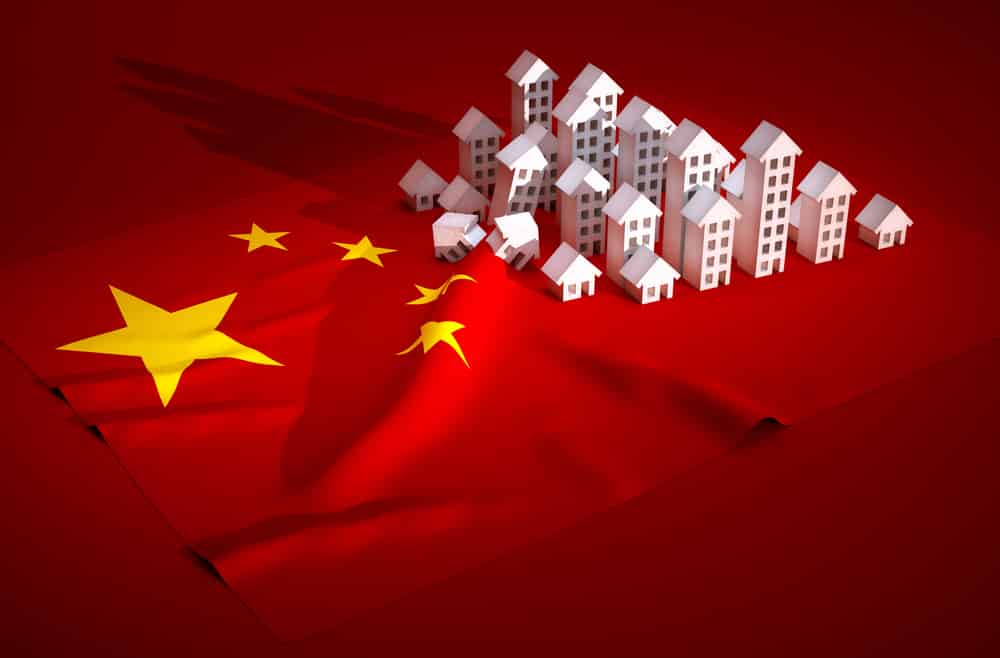
Navigating the Crossroads: Chinese Economy Is Struggling
The Chinese economic trajectory worries analysts. The World Bank published a new report forecasting a sharp slowdown in 2024. The bank expects China’s growth, which reached 5.2% this year, to dwindle to 4.5% in the coming year despite recent recoveries in investments and demand for services.
Challenges Amidst Recovery
The report underscores the fragility of the Chinese economic recovery. Moreover, it attributes setbacks to the ongoing challenges in the property sector and a global decline in demand for China’s exports. Factors such as high debt levels and wavering consumer confidence also add to the intricacies of sustaining the rebound.
Yo-Yoing Growth and Job Dynamics
China’s economy has experienced a rollercoaster of growth in recent years. The latter ranged from a low of 2.2% in 2020 to a high of 8.4% in 2021, settling at 3.0% last year. The pandemic’s impact, combined with disruptions in the technology sector and a downturn in property, has led to job losses. It also prompted many Chinese citizens to tighten their budgets.
Most jobs created during the recovery have been low-skilled in service industries. Thus, they contributed to concerns about the lack of social safety nets and an ageing population burdening younger generations with elder support.
Downside Risks and Needed Reforms
The report emphasizes considerable downside risks, especially if the real estate sector undergoes a prolonged downturn. This could have widespread ramifications, affecting local government finances and further challenging manufacturers facing softer global demand.
However, the bank highlighted structural reforms as imperative. Meanwhile, it sees the central government’s willingness to support cash-strapped local governments as a confidence booster for the Chinese economy. Specific policies from the recent Central Economic Work Conference remain undisclosed, though.
Real Estate Woes and Manufacturing Resilience
Real estate investment has seen an 18.0% decline in the past two years, with the report urging action to resolve unpaid debts of overextended property developers. The property market slowdown, particularly pronounced in smaller cities, has weighed on overall economic performance.
Despite these challenges, strong investments in manufacturing, particularly in electric vehicles, batteries, renewable energy technologies, and strategic sectors like computer chips, have provided a buffer.
Consumer Spending Crucial for Sustained Growth
The report emphasizes the need for a recovery in consumer spending to achieve sustained growth. The omicron wave of COVID-19 dealt a blow to consumer spending, and since late 2021, it has remained below par. The report contends that while investments in construction are significant, stimulating consumer spending is essential for a robust economic rebound.
As China stands at this economic crossroads, the World Bank report signals a call for strategic reforms and a careful balance between addressing challenges and capitalizing on areas of resilience. The world will be watching closely as China navigates the intricate path towards a more stable and sustainable economic future.


